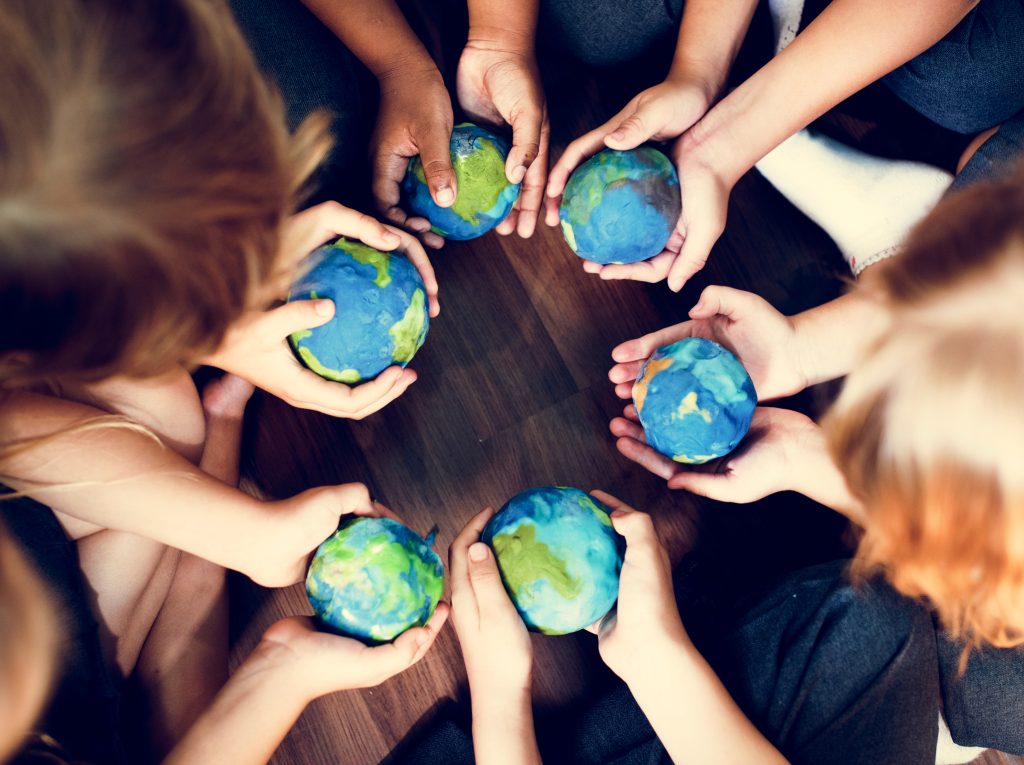Repairing our broken relationship with the planet means radically rethinking how we understand the process of education and formation, argues Timothy D. Ireland

Grand international conferences such as CONFINTEA provide an opportunity for the international community to weigh up what has and has not been achieved in the previous decade or more and, on that basis, to agree to new signposts and guidelines for the coming years. CONFINTEA VII will perhaps go down in history as the conference which took place at one of the most delicate and critical moments in recent history, since the beginning of the series in 1949. While the sanitary crisis caused by COVID-19 has gained more space in the press, the unravelling crisis which refuses to go away is that of climate change and global warming. At times like this, education is generally indicated as part of the solution. In 2022, there is a feeling that education is no longer part of the solution but a major part of the problem: more of the same will only deepen the crisis and aggravate our problems.
Over the last decades, we have seen what Paul Stanistreet calls the ‘depoliticization of education and the grim instrumentalism of neoliberal conceptions of its purpose and value’, in which the focus of education has no longer been that of preparing people for life but only for the world of work. In a similar vein, José Mujica, the former president of Uruguay, describes the process as that of transforming people into consumers and not into citizens, despite the ongoing discussion on global citizenship. The crux of the question is the relationship between the human and natural worlds, or between humanity and other forms of life. For the Brazilian Indigenous leader and philosopher Ailton Krenak, ‘Everything is nature. The cosmos is nature. Everything that I can think of is nature’. The world into which Indigenous people have resisted being incorporated is a world which has converted nature into ‘resources’ to be exploited in such a way that the market becomes ‘everything that is outside/beyond us’. Krenak returns to one of the concepts to which we have delegated the power of attempting to reduce human aggressions on the planet – sustainable development – which he describes as ‘a myth invented by the major corporations to justify the assault which they penetrate on our idea of nature’. The COVID-19 pandemic is not an externality but an organism of the planet, a virus, which has launched an attack on ‘the form of unsustainable life which we have adopted by our free choice’: a living example perhaps of what the English poet Tennyson called ‘Nature, red in tooth and claw’. We have developed a style of life which has become divorced from the living organism – Earth – characterized by its attempts to suppress diversity and to deny the plurality of forms of life, existence and habits. Continue reading
